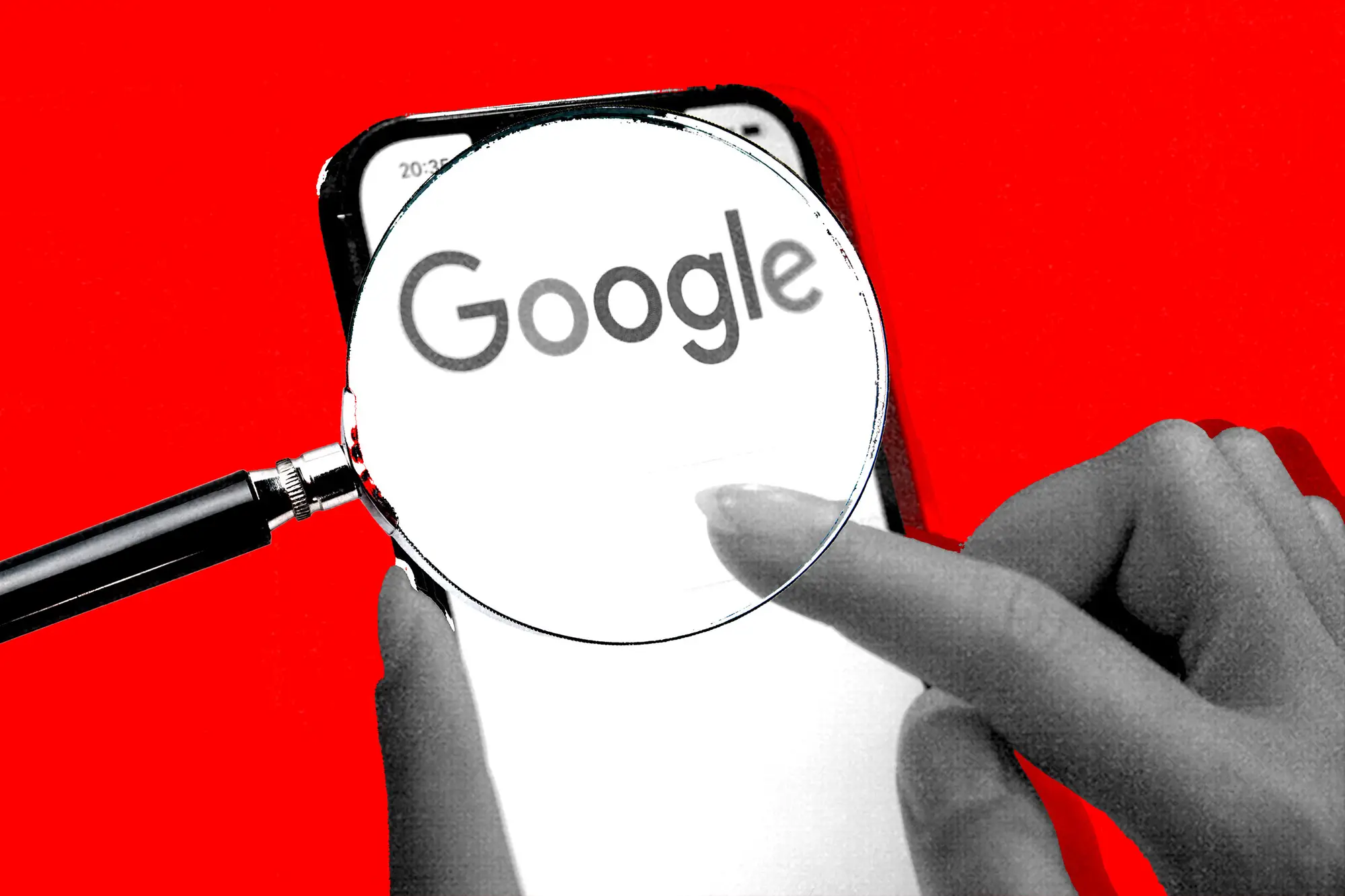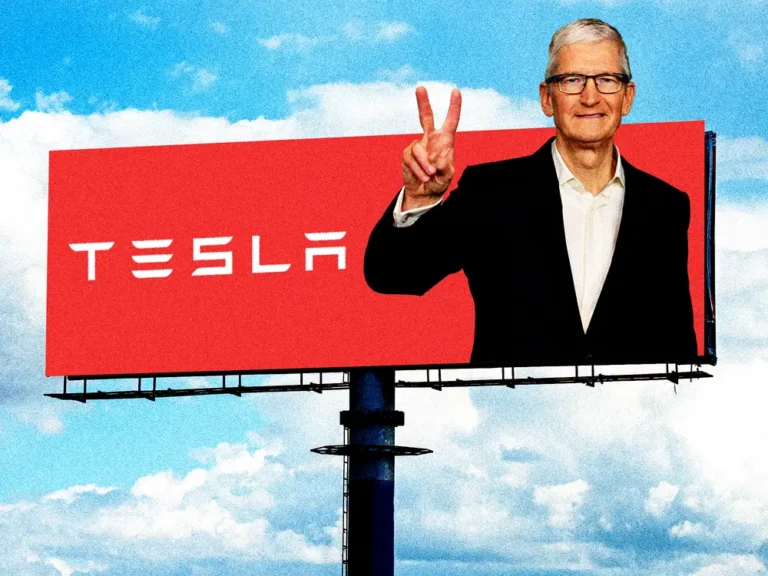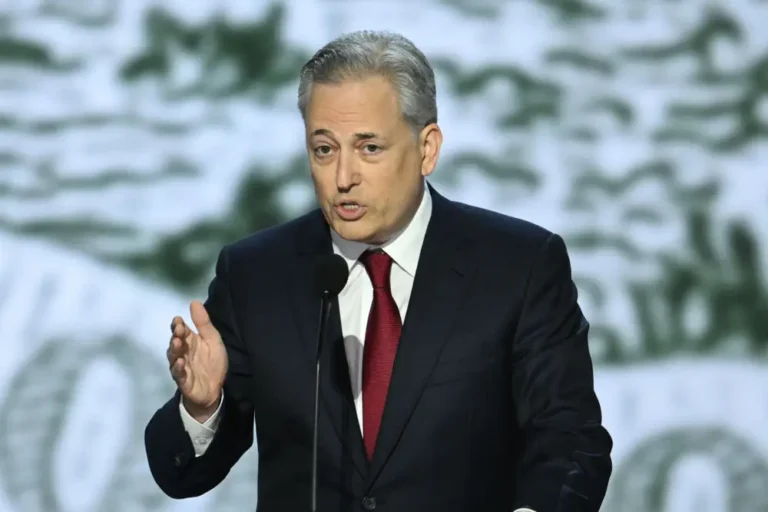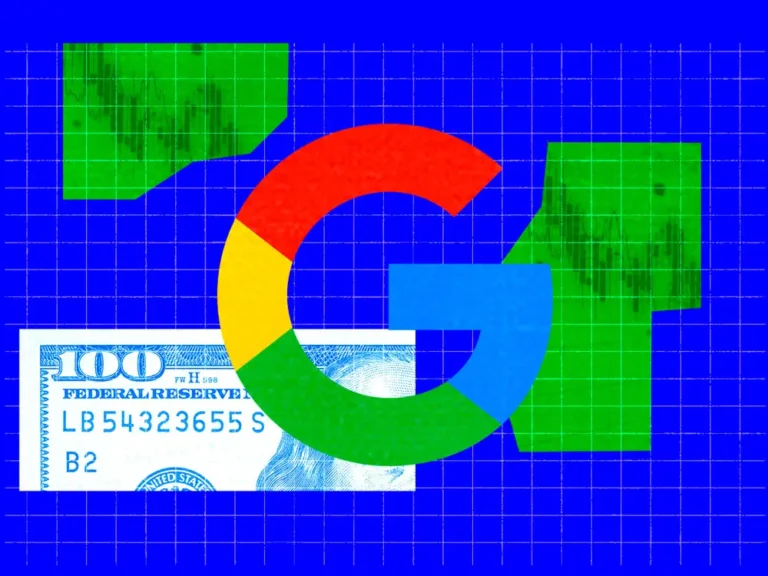A massive leak of Google Search documents sparks fury across the SEO industry: ‘This is another level of war’

For over 25 years, precisely how Google organizes the web has been one of the internet’s greatest unsolved mysteries.
Google is the front door to the internet through which so many businesses are dependent, yet its constantly evolving algorithms have remained closely guarded behind lock and key.
Until this week, when the black box was finally opened.
A trove of 2,500 documents containing highly coveted secrets about how Google ranks its search results began circulating among a handful of search-engine-optimization experts, who shared them more widely on Monday. The company has confirmed the material is factual.
The already frenetic SEO community went into overdrive, with social media sites and industry forums buzzing over the trove.
Soon, the frenzy boiled into fury, with some SEO experts saying that the documents showed that Google hadn’t always been honest when answering questions about how it was ranking websites.
“This is another level of war between SEOs and Googlers,” said Lily Ray, a vice president at the SEO agency Amsive.
Erfan Azimi, the CEO of the SEO agency EA Eagle Digital, who said he first stumbled on the documents online, released a dramatic 13-minute YouTube video. For Azim and many others in the SEO community, some details in the leak confirm their suspicions: Google may not have been entirely honest about the most important signals determining which sites appear at the top half of the search engine results page.
“For over a decade, we’ve been lied to,” Azimi said, staring down the barrel of the camera lens. “The truth needs to come out.”
Still, the most dedicated SEO code crackers have yet to determine how up-to-date the information is or which of the apparent 14,000 ranking factors even saw the light of day.
A Google spokesperson said that the documents lacked context and that the way its systems worked could change frequently. They declined to comment on specific fields in the data.
“We would caution against making inaccurate assumptions about Search based on out-of-context, outdated, or incomplete information,” a Google spokesperson said in a statement. “We’ve shared extensive information about how Search works and the types of factors that our systems weigh while also working to protect the integrity of our results from manipulation.”
The leak has stoked more distrust in Google just as it prepares to rewrite the rulebook. With Google promising to “do the Googling for you” with its summaries powered by generative artificial intelligence, many website owners are preparing for a future where the company hoovers up their content and delivers no visitors in return.
“As AI is taking over the world, does anyone know how it works?” said Gareth Hoyle, the managing director of the marketing agency Marketing Signals. “Who guards the guards?”
Why Google keeps Search secret
Google employees are given strict instructions to keep quiet regarding Search. An internal presentation for employees surfaced last year during Google’s Department of Justice search antitrust trial. The presentation told staff to keep discussions about the company’s most prized product “on a need-to-know basis.”
“Everything we leak will be used against us by SEOs, patent trolls, competitors, etc.,” the presentation read. Search issues can inflame world leaders who have power over Google, demand Congressional hearings, etc.”
Here’s what we do know. At its most basic level, Google uses web crawlers — bots that read websites, map their link structures, and track various keywords. Those crawlers are designed to ensure Google’s search results return the most relevant and up-to-date information to the user.

Prabhakar Raghavan, a senior vice president at Google who oversees Search
Beyond that, how Google determines “good” or “helpful” content, where keywords should be placed, and how high links should appear on web pages have been an ever-evolving mystery. Enter the world of SEO, where practitioners employ rigorous testing, swap tips and theories at conferences, and press their Google reps and its dedicated “Public Search Liaison” on the ranking factors to which they should give the most weight. For some SEOs, the documents show they would have been better off sticking to their own assumptions.
Take clicks. SEO experts have long believed that Google analyzes when and how frequently a website gets clicks to determine its ranking. The leaked documents refer to “goodClicks” and “unsquashedClicks,” terms SEOs believe might show that Google measures clicks more heavily than it’s let on in the past.
“One thing I took away from all of this is that Google does use click data much more than we thought they did,” said Grace Frohlich, an SEO consultant at the digital marketing agency Brainlabs.
Then, there’s domain authority — an assessment of a site’s quality and trustworthiness to a relevant topic. Google has previously said it doesn’t use domain authority as a ranking factor, yet the documents reference a factor named “site authority.”
The documents also reference the signifiers “isElectionAuthority” and “isCovidLocalAuthority,” suggesting Google may rank specific sites more authoritative on those topics.
Or take Google’s Chrome browser. The company has said in the past that it doesn’t use browsing data hoovered up by Chrome to rank websites. But several references to Chrome in the documents have SEO experts convinced that Google has, in fact, used its popular browser to help rank the web (given how much regulators are scrutinizing Google’s possible use of self-preferencing tactics to boost Search and its ad business, you can see why the company may be coy about this one).
“The bigger picture is just highlighting those areas where we were right, and Google was telling us that we were wrong,” said Michael King, the founder and CEO of the digital marketing agency iPullRank.
Some in the SEO community are cautious about reading too much into the leak. Aleyda Solís, the founder of the SEO firm Orainti, where she’s an SEO consultant, warned that some people might see what they wanted in the documents and that it was unclear how Google “weighs” factors such as clicks or other values.
“We don’t even know if all of them are taken into account as actual ranking factors,” Solís said.
‘We’re already on thin ice’
The relationship between SEOs and Google had already turned frosty. Some business owners have reported catastrophic website traffic drops following two recent major Google Search algorithm updates in the span of months. At the same time, sites such as Reddit and Quora have flooded the top of search results pages.
Google’s workforce trimming has also reduced the number of human representatives SEOs can access. While Google holds plush soirées for its advertising clients, such as the star-studded YouTube Brandcast, it doesn’t make similar investments in events for the SEO community. This has left some in the community lamenting a breakdown in the relationship between the search giant and the experts who helped it organize all that information.
“We’re already on very thin ice with them,” Amsive’s Ray said.

Google CEO Sundar Pichai at last year’s Google I/O
Sundar Pichai on a stage in front of a screen that reads, “Making AI helpful for everyone.”
Google CEO Sundar Pichai at last year’s Google I/O. JOSH EDELSON/GETTY
All this comes as Google plows full steam ahead with generative-AI search. Its recent testing of AI-generated summaries in search results in the US became a laughing stock when the search engine drew from satirical websites and Reddit posts to suggest eating rocks for nutritional purposes and using glue to make cheese stick to pizza. Google initially claimed that AI was spitting out such answers only for uncommon queries. However, it later said it was “taking swift action” to manually remove bad answers that violated its content policy.
While the search leak may not dramatically change how websites play the Google game and may not necessarily reflect how Google ranks the web today, SEOs are set to be carefully watching whether the rules gleaned from the documents will apply in the new world order of AI search. For example, Rand Fishkin, the CEO, and co-founder of the audience-research firm SparkToro, wrote that the documents showed Google had been on an “inexorable path” to pushing more traffic to big-brand websites over smaller publishers.
Eric Hoover, the SEO director at the digital agency Jellyfish, said the leak confirmed quality content should always win over attempting to game the algorithm.
“That doesn’t really change with generative AI,” Hoover said.
For now, Google still dominates the search landscape, leaving plenty of time for SEOs to continue trying to crack the code within the reams of documents now in full public view. They’re not counting on anyone at the company to lend them a helping hand.
“I think it’s going to ultimately inform better correlation studies that we do in our space,” King said. “But I think it may also mean Google talking to us less.”






